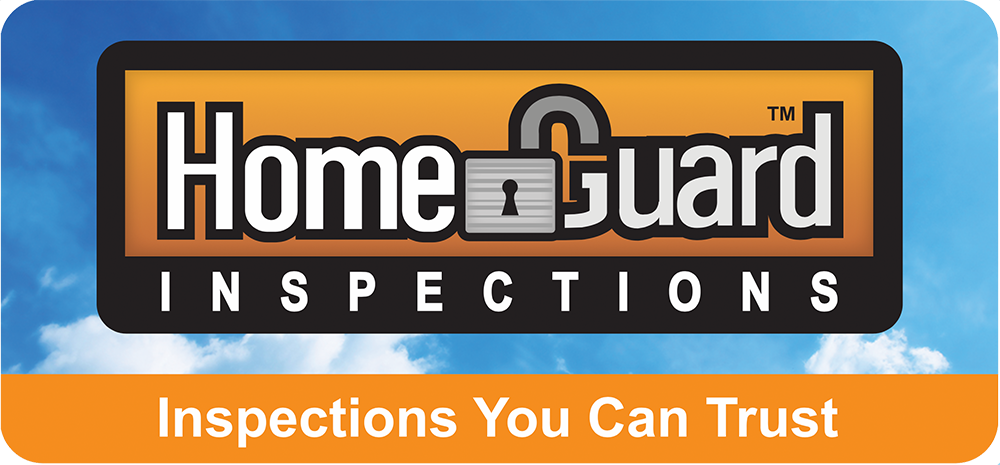While it is not always feasible to test for asbestos during a home inspection, asbestos in homes awareness is important when renovating or making repairs. Asbestos, a mineral fiber extensively used in construction materials like insulation, flooring, and ceiling tiles before the 1980s, boasts durability and heat resistance. However, if disturbed during renovations or repairs, asbestos can pose significant health hazards. Hence, it’s a major concern for both buyers and real estate agents. To address these concerns effectively, proactive measures such as thorough inspection and proper handling during renovations are paramount. Identifying and managing any potential asbestos risks early on ensures the safety and well-being of future occupants and workers without necessarily requiring testing during the real estate transaction.
The Hazards of Asbestos
Asbestos is a type of mineral fiber that occurs naturally and is known for its durability and heat resistance. It was extensively used in construction materials such as insulation, roofing, flooring, and ceiling tiles before the 1980s. However, exposure to asbestos fibers can cause severe health problems, such as lung diseases like mesothelioma and asbestosis. Although asbestos-containing materials may not always be disclosed during real estate transactions, it becomes a significant concern during renovation or repair projects that involve potential asbestos-containing materials. If you plan to carry out such projects in older homes, you should be aware of the possibility of asbestos presence and take necessary precautions to ensure the safety of occupants and workers.
Method for Asbestos Testing
Asbestos material testing is the most commonly used method for detecting asbestos in building materials. This involves collecting suspected material pieces containing asbestos and sending them to a certified laboratory for analysis. Trained professionals wear appropriate personal protective equipment (PPE) and use specialized tools to gather samples, minimizing disturbance to the material. The samples are then securely packaged and labeled before being transported to the laboratory for analysis. Technicians trained in microscopy techniques then examine the samples and identify any asbestos fibers present, quantifying the asbestos content to determine if it exceeds regulatory thresholds. This testing provides accurate results about the presence and concentration of asbestos in building materials, helping prospective home buyers and their agents make informed decisions.
Protecting Against Exposure
If you suspect or confirm the presence of asbestos in your home, it is recommended you avoid any actions that may disturb the materials and release asbestos fibers into the air. This includes refraining from drilling, sanding, or scraping materials that may contain asbestos. During renovation or repair projects involving potential asbestos-containing materials, it is crucial to implement strict safety measures. Personal protective equipment, such as respirators and disposable coveralls, should be worn to minimize exposure to airborne fibers. Proper containment and disposal of asbestos-containing materials are essential to prevent contamination and reduce health risks.
Bringing it All Together
Purchasing a new home is an exciting milestone in life. However, it’s important to be aware of the potential presence of asbestos in older properties. While it may not always be feasible to test for asbestos during real estate transactions, it becomes crucial when planning renovation or repair projects. A simple process involves collecting samples of suspected materials and submitting them to a certified lab, which can provide insight into which materials may require careful handling. By taking proactive measures to address asbestos concerns and prioritizing safety, homeowners can ensure a secure and healthy living environment for themselves and their families in their new homes.
HomeGuard Inspections™ offers home and commercial property inspection services in Salt Lake City, from Ogden to Spanish Fork and Heber to Tooele. Contact us to request an inspection.

